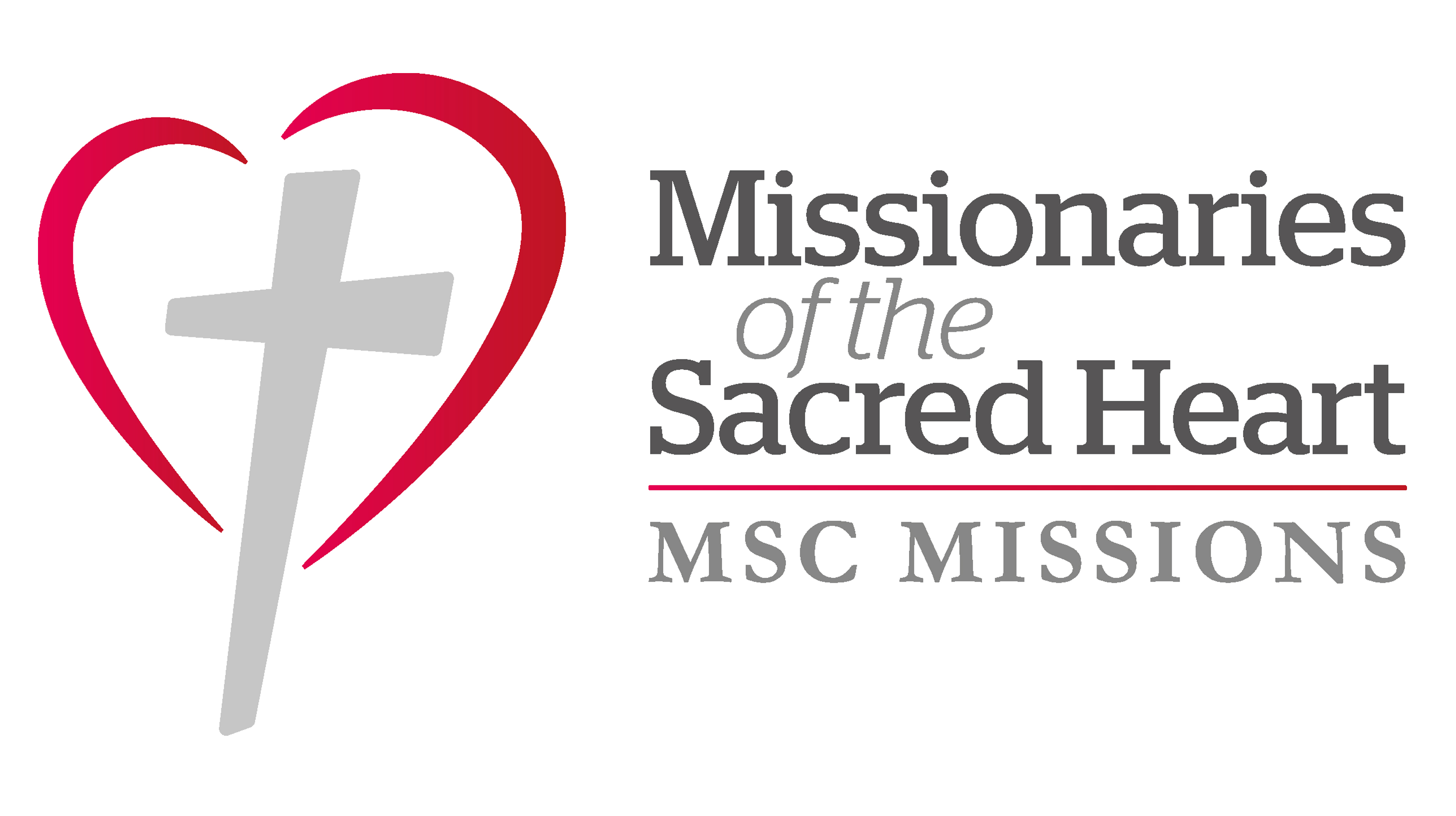Gospel Reflection
The Bible in Dialogue with Questions of the Day:
Rejoice Greatly. The Lord is Near. Joy inspired evangelisation.
The Gospel (Luke 3:10-18): What must we do?

We are in the period of Advent, waiting for Christ’s coming, and the gospel reading for each of the Second and Third Sundays presents the person of John the Precursor, who first made Jesus’ coming known. John preached repentance. In today’s reading, he specifies for various persons who came to him what they should do to make their repentance real. He proclaimed that he was not the Messiah, a friend of the bridegroom who rejoices greatly at the bridegroom’s voice. “For this reason,” John the Baptist said, “My joy has been fulfilled” (John 3:29). Joy, rejoicing, has been a feature of the expectation of the future age by the prophets; it is a central message of the Gospels, from the Angels at Christmas, “good news of great joy for all the people” (Luke 2; 8), Jesus himself, and the early Church, as in today’s first reading. In the liturgy this day is designated, by reason of this reading, as “Rejoicing Sunday”. Reflection on today’s Gospel and the Baptist’s expression of joy invites us to reflect on the double theme of rejoicing and Gospel proclamation.
“Christian life, Christian joy, is witness that the Lord is near.”
These two are linked together by Pope Francis in his Encyclical Letter Evangelii Gaudium The Joy of the Gospel, 2013, an Apostolic Exhortation on the Proclamation of the Gospel in Today’s World, addressed to Bishops, Clergy, Consecrated Persons, and the Lay Faithful, all of whom in their own way are called on to proclaim the Gospel message with joy (253). The Pope addresses how each of these can, and should, be involved in evangelisation. We can make the following reflection here.
Today’s liturgy, Gaudete, “Rejoice” Sunday, is all about the joy and happiness that is intended to characterize Christian life. Christians should radiate joy, happiness, epikeikeia, gentleness, forbearance, understanding, based on the presence of God, of Christ, of the Holy Spirit, the Holy Spirit that gives conviction of Christ’s victory and presence. Christian life is witness to all this. Just as, for Catholics, the Sanctuary Lamp is witness to the presence of Christ in the Eucharist, so is Christian life a sanctuary lamp to God’s presence, to God’s kingdom, on earth. Christian life, Christian joy, is witness that the Lord is near, that in Christ salvation, redemption, has come as God has willed it.
“The sanctuary lamp is an image of the light of the human soul.”
From the point of view of dialogue with questions of the day we may note that the terms divine presence and salvation are matters that a good section of our modern world rejects. There are those who seek a salvation for humanity without God or organized religion, in particular without the Catholic Church. Lanterns and lamps can be signs of God’s presence in the world, just as the Sanctuary Lamp is a witness to the true presence of Christ in the Eucharist. The sanctuary lamp can be an irritant for those hostile to what it stands for. Salvation without organized religion is a theme in the thought of the Russian writers, and nearer home in that of Tom Murphy. The Internet Wikipedia entry on Tom Murphy notes that “recurring themes in his writings include the search for redemption and hope in a world apparently deserted by God and filled with suffering”. It further notes the Murphy’s play The Sanctuary Lamp explores major themes of redemption, love, guilt, spirituality, and the existence – or non-existence – of God. In common with much of Murphy’s work, the play deals with the battle against nihilism and finds a form of redemption and hope in mankind’s ability to show compassion, love, and find an individual spirituality. The Lamp itself becomes an image of the light of the human soul unattached to dogma or religion.
Without reflection, many today prefer to go their own way through life without the light of the Gospel. It will be for all of us to be a sanctuary lamp of Christian hope and Gospel joy.
Fr Martin McNamara MSC
